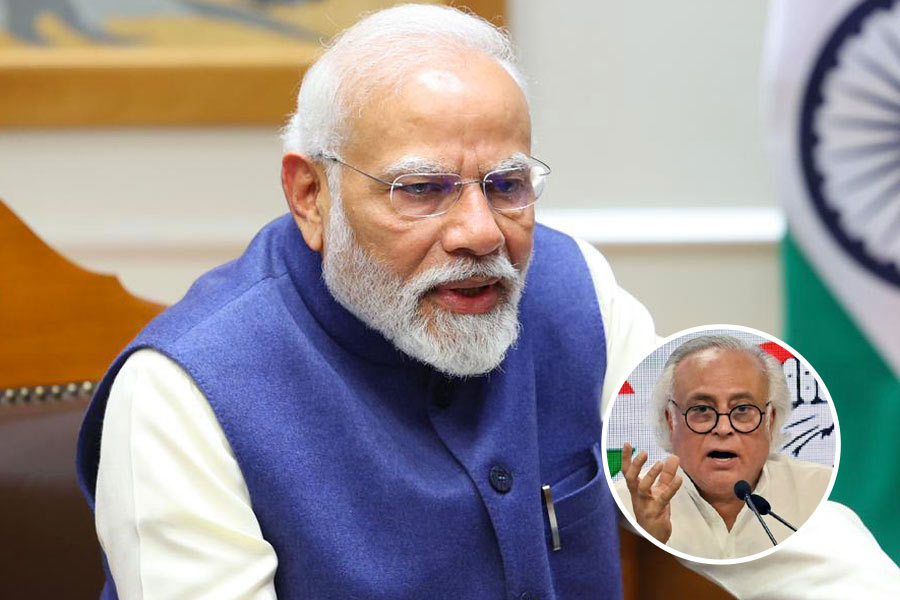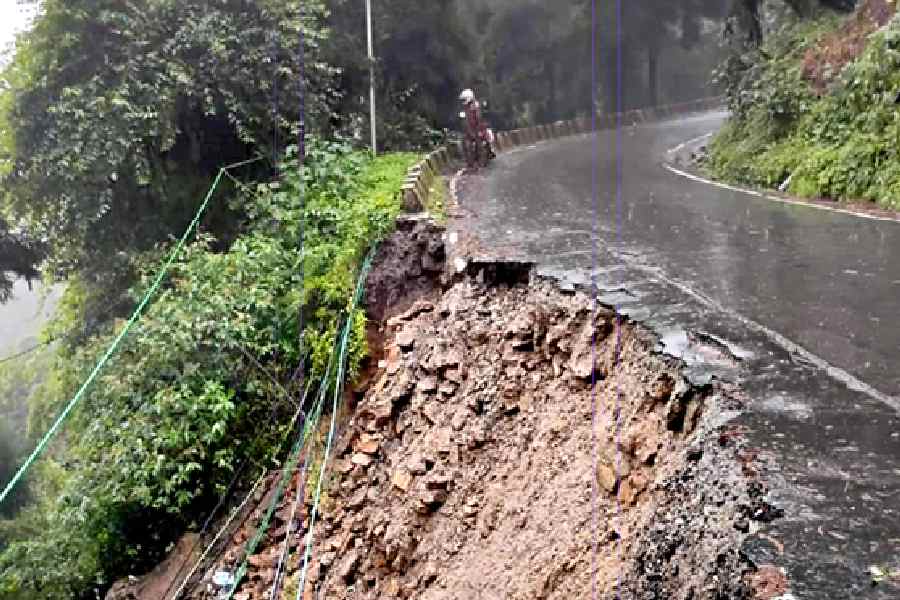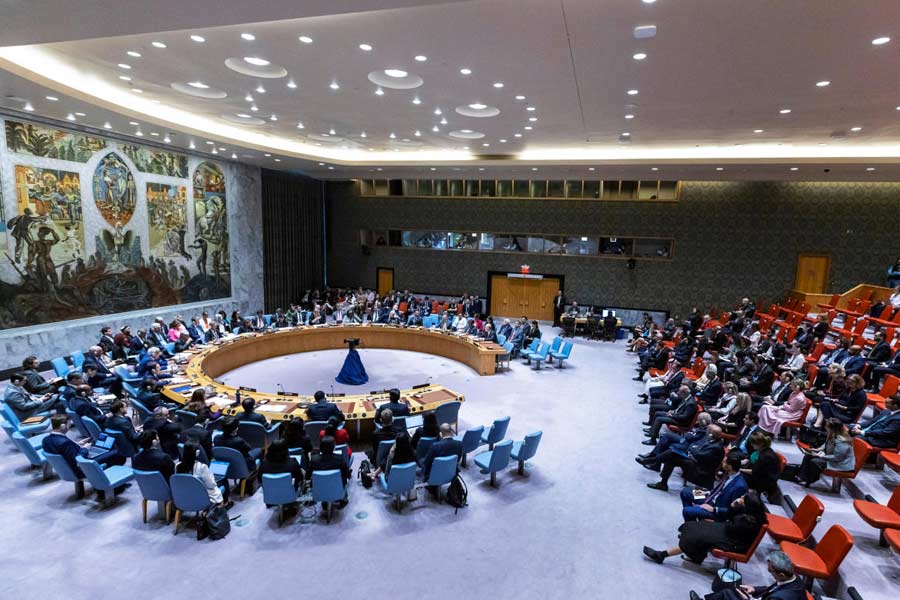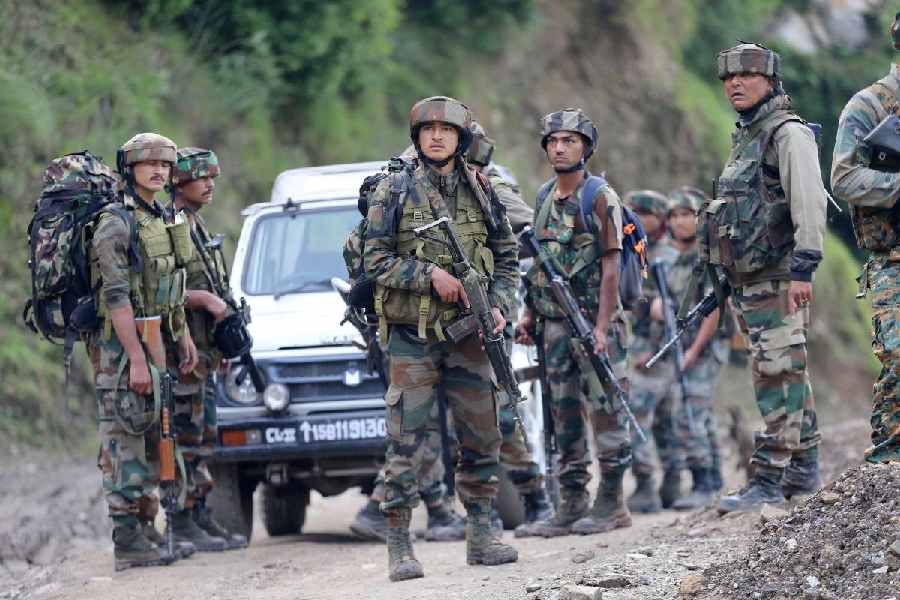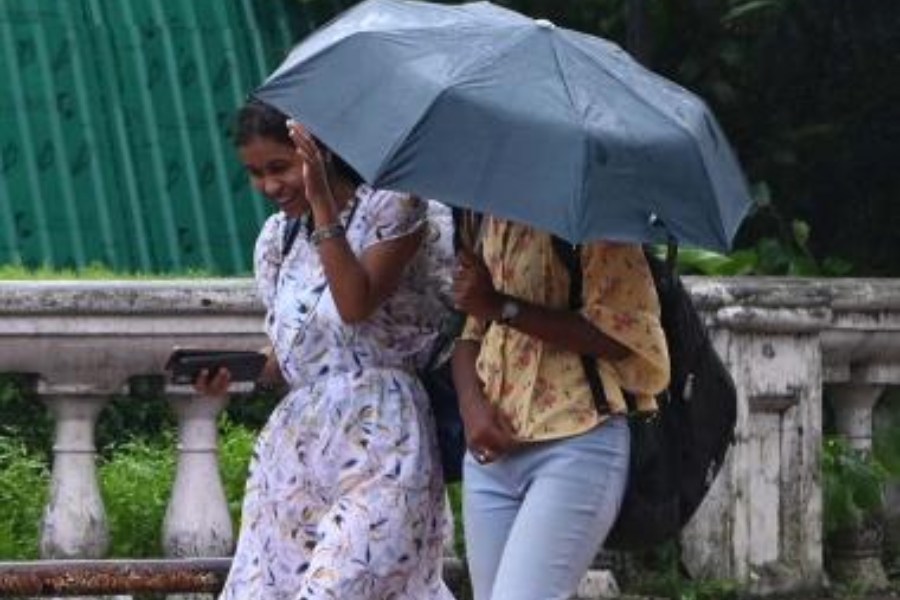A government rule that grants the science minister the final say over the National Science Awards has stirred consternation among sections of scientists who have told the Centre that they are concerned about its possible broader implications of ministerial vetoes on science-guided decisions.
Over 170 scientists have written to the principal scientific adviser (PSA) to the government saying they are concerned that the rule on the science awards will set a precedent for “ministers to use unrestricted vetoes to overrule” decisions by expert science committees.
This is the second letter from senior scientists to the PSA, physicist Ajay Sood, seeking clarity on the criteria the government had adopted to name winners of the Rashtriya Vigyan Puraskar (RVP) amid concerns that the government had altered the list submitted by the RVP committee of scientists. Sood is the chair of the RVP committee.
The final list did not have at least one name — physicist Suvrat Raju at the International Centre for Theoretical Sciences, Bangalore — that was part of the list submitted by the RVP committee, three scientists familiar with these developments had told The Telegraph last month.
Sood, responding to a similar letter sent to him last month by 26 former winners of the prestigious Shanti Swarup Bhatnagar science prizes, had cited a rule in the RVP selection process saying the RVP committee submits its recommendations to the Union science and technology minister.
The new letter signed by 176 scientists and sent to Sood on September 24 has expressed concern that his response indicates the selection of award winners henceforth “will also involve non-academic considerations” and raises broader issues.
“We are very concerned that this issue is much larger than a few awards,” they wrote. “In future, this will set a precedent for ministers to use unrestricted vetoes to overrule any recommendations of expert committees. Academics disliked by the government… may be sidelined from not just awards, but also scientific grants, recruitments, promotions. This trend not only goes against basic tenets of science practice but will also impede… scientific research in the country.”
Two members of the RVP committee requested by this newspaper to discuss the change in the RVP awards’ list declined. Raju, whose name was dropped, is working on theoretical ideas that seek to unify the theory of gravity with quantum mechanics, the rules that dominate the subatomic world.
But Raju — who has described himself as a theoretical physicist and an activist — has in the past articulated his opposition to certain decisions by the Narendra Modi government. He was among signatories on a statement in February 2023 criticising the Centre’s decision to censor a BBC film on Modi and had decried the Indian Institute of Science’s attempt to block a public discussion on the criminal justice system in the country.
Several of the 26 signatories on the earlier letter to Sood have told this newspaper that they also share concerns articulated in the letter by the 176 scientists.
“I am worried and I am disappointed,” one of the signatories said.
He said he was worried about how non-academic factors might influence decisions that ought to be guided only by scientific considerations, and disappointed because the altered list indicates that top science officials are unable to resist extraneous pressures.
"We understand the PSA cannot overrule a minister — but this wasn't always the case," another scientist in a government research institution said.
"Things were different 10 or 20 years ago. The backing from the PM to the science and technology community at the time was such that recommendations from the PSA or other top scientific advisory bodies would not be overruled," the scientist said.


